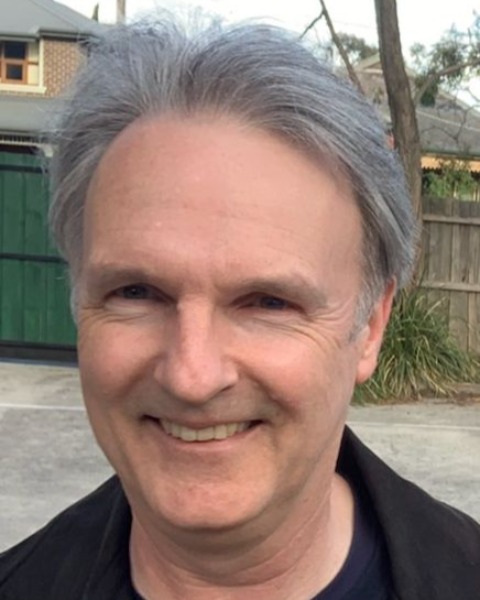Paper Presentation
Philosophy
Session: End-of-Life Care and Physician-Aid-in-Dying
Aristotelian medical virtues, Christian medical virtues, and end-of-life decision making
Friday, October 13, 2023
8:00 AM - 9:15 AM ET
Location: Heron (Fourth Floor)
In 1847 the AMA advised physicians that they have a “sacred duty” to “minister...hope and comfort to the sick; that, by such cordials to the drooping spirit, he may smooth the bed of death, revive expiring life, and counteract the depressing influence of those maladies which often disturb the tranquillity of the most resigned in their last moments” (Code of Ethics,1: 1.4). This was directed not only at Christian physicians but at all American physicians, who were encouraged to instil hope in dying patients, whether or not the patient had any religious affiliation. The virtue of medical beneficence is no longer understood to include a preparedness to instil hope in the dying – doctors have learned from experience that this does not serve patients’ best interests. Both secular and Christian accounts of medical virtues have thus become more evidence-based, and have developed more inclusive approaches to the best interests of patients. Aristotelian accounts of medical virtues emphasise the importance of doctors developing practical wisdom, in fine-tuning virtuous dispositions to hit their targets. Such accounts are more empirically-informed than previously, in drawing on studies of factors – like the prevalence of certain cognitive biases in clinical practice – that divert virtuous dispositions from their targets. How might Christian accounts of medical virtues draw constructively on such studies? And, might Aristotelian accounts of medical virtues learn important lessons from Christian approaches to medical virtues? In this presentation I critically compare these two approaches to medical virtues, in the context of end-of-life decision-making.

Justin Oakley, BA, PHD (he/him/his)
Deputy Director, Monash Bioethics Centre
Monash Bioethics Centre, Monash University
Monash University, VictoriaDisclosure(s): No financial relationships to disclose

.jpg)